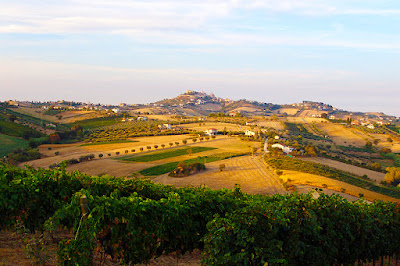cul·tur·al ap·pro·pri·a·tion
the unacknowledged or inappropriate adoption
of the customs, practices, ideas, etc. of one people or society by members of
another and typically more dominant people or society.
"His dreadlocks were widely criticized
as another example of cultural appropriation"
Open an Italian cookbook or history of
Italian cooking, and in the early chapters one might find a recounting of ingredients
brought back to Italy from the likes of Marco Polo and Columbus.
Polo introduced Italy to new spices and exotic foods.
Columbus and his cohorts brought back tomatoes, potatoes and cocoa from the
Americas. Ice cream, so ubiquitous all over Italy as gelato, is said to have
been introduced into Italy by the Saracens, who got it from the Hindus, who got
it from the Chinese.
Were these inappropriately adopted by Italy? And if
so, what is one to make of that?
Regarding wine, we hear talk of French varietals
like Cabernet Sauvignon and Merlot. In the Maremma, these varieties are
thriving. Are Cabernet and Merlot the dreadlocks of Tuscany?





